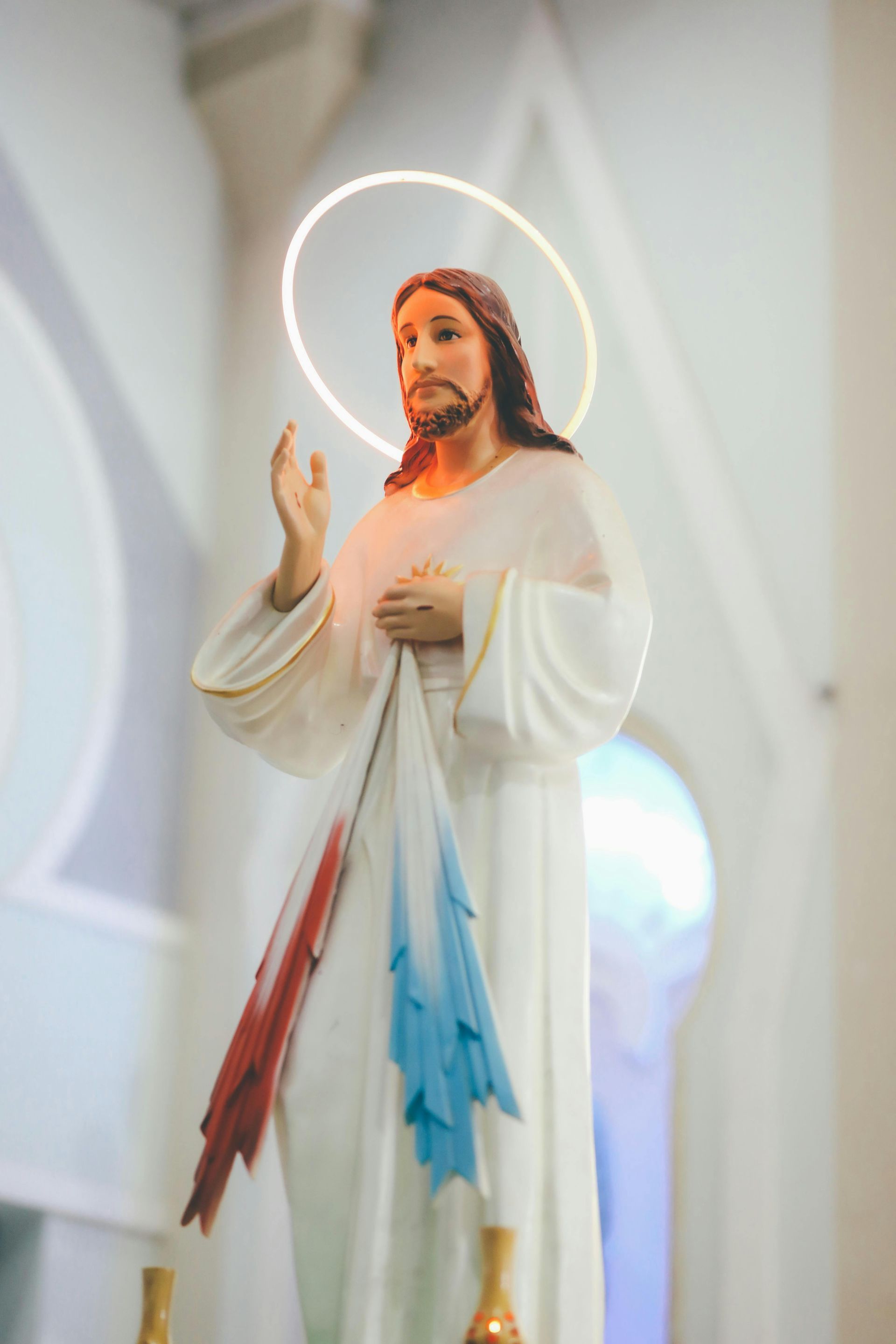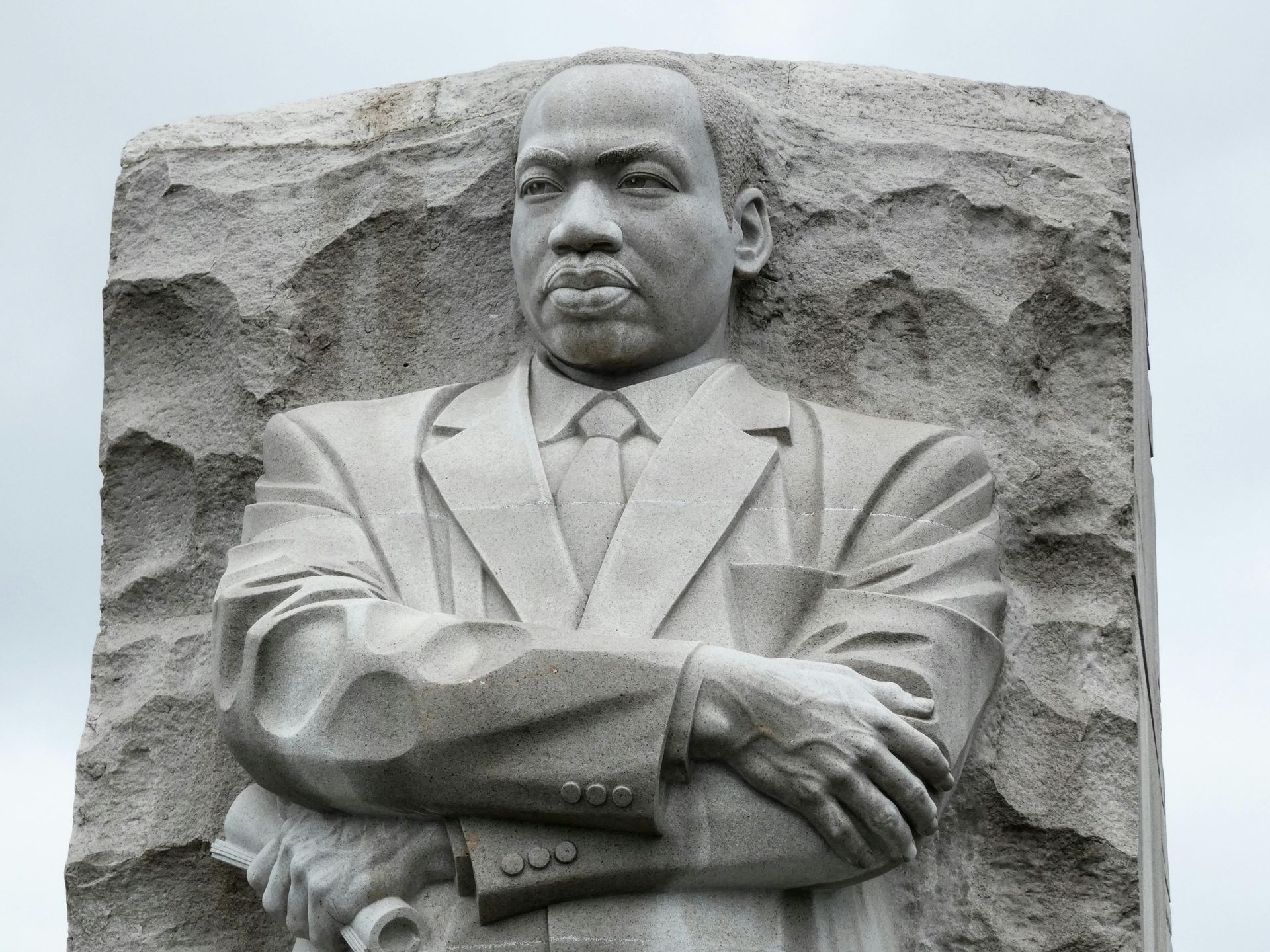Second Sunday of Easter (Divine Mercy), Year C

How many of you recall the following hymn refrain?
Misericordes sicut Pater
Misericordes sicut Pater…
It is the refrain from the hymn of the same title that was composed for the Extraordinary Jubilee Year of Mercy, which Pope Francis opened in the first week of Advent in 2015 and concluded with the feast of Christ the King on November 20, 2016. You may recall that throughout that Jubilee Year, we opened our Masses with that hymn and sang that refrain.
Misericordes sicut Pater…
…Merciful like the Father
…Merciful like the Father.
How appropriate that on this Sunday, the second Sunday of Easter, Divine Mercy Sunday, is also the weekend in which we have laid our Holy Father Pope Francis to rest, and entrusted him to the tender, eternal mercy of God the Father.
It was no coincidence that Pope Francis declared the Extraordinary Jubilee Year of Mercy. Pope Francis believed Mercy is the primary expression and experience of God’s love for us, and Mercy is the primary expression and experience of the love that God calls us to share with each other.
So important was his belief and trust in God’s Mercy, that when he was ordained to the order of Bishop, he took as his episcopal motto “miserando atque eligendo” (which roughly translates from Latin as “having mercy, he chose him”). It is taken from a homily written by St. Bede the Venerable, an eighth-century saint and Doctor of the Church, reflecting on the call of St. Matthew by Christ to become an apostle. St. Bede wrote, “[Jesus] saw the tax collector [Matthew] and, because he saw him through the eyes of mercy and chose him, he said to him: Follow me.” So important was his belief and trust in God’s Mercy, that when Francis was elected as Pope, he kept this episcopal motto as his papal motto.
This motto expresses so simply and beautifully truths of our faith: God loves us deeply; God expresses that love to us through His mercy for us in our sinfulness; and that despite our sinfulness, God calls us. God calls us to trust and hope in God’s love for us and calls us to express the same love and mercy for one another. That call is reflected also in the Gospel account of Matthew’s call to discipleship by Jesus, which concludes with Jesus challenging the Pharisees, saying “Go and learn the meaning of the words, ‘I desire mercy, not sacrifice'” (Mt. 9:13). Jesus challenges us in the same way. He calls the Pharisees –and us – out of ritual acts of worship and piety that are not also accompanied by acts of mercy!
Jesus is clear about this. In the Gospel according to Luke, Jesus says, “Be merciful, just as your Father is merciful” (Lk. 6:36). In his Papal Bull announcing the Extraordinary Year of Mercy, Pope Francis describes God the Father’s mercy for us as like “that of a father or a mother, moved to the very depths out of love for their child…a “visceral” love…gush[ing] forth from the depths naturally, full of tenderness and compassion, indulgence and mercy” (Misericordiae Vultus, no. 6). He also describes God’s Divine Mercy as a ”wellspring of joy, serenity, and peace.” (MV 2). These words bring to mind the visceral atoning sacrifice of Christ on the cross for our sins, when blood and water sprung forth from Christ’s side as the cleansing waters of baptism. It is that visceral sacrifice which we recall in the Divine Mercy chaplet when we pray, “O Blood and Water which gushed forth from the Heart of Jesus as a fount of mercy for us, I trust in You!” It is that cleansing sacrifice that we recall when we pray in the Anima Christi prayer, “Water from the side of Christ, wash me.” And it is that same merciful cleansing in which we hope and trust, as we place all that burdens us into the waters of God’s grace, as we have done here, symbolically, in placing our Lenten stone-burdens in this fountain of Holy Water from the Easter Vigil Baptismal pool.
As we contemplate God’s Divine Mercy, we place our trust and our hope in that Divine Mercy, recalling the words our late Holy Father Pope Francis left us with: “Mercy will always be greater than any sin, and no one can place limits on the love of God who is ever ready to forgive” (MV 3); “Mercy [is] the bridge that connects God and man, opening our hearts to the hope of being loved forever” (MV 2).
Misericordes sicut Pater
Misericordes sicut Pater…






